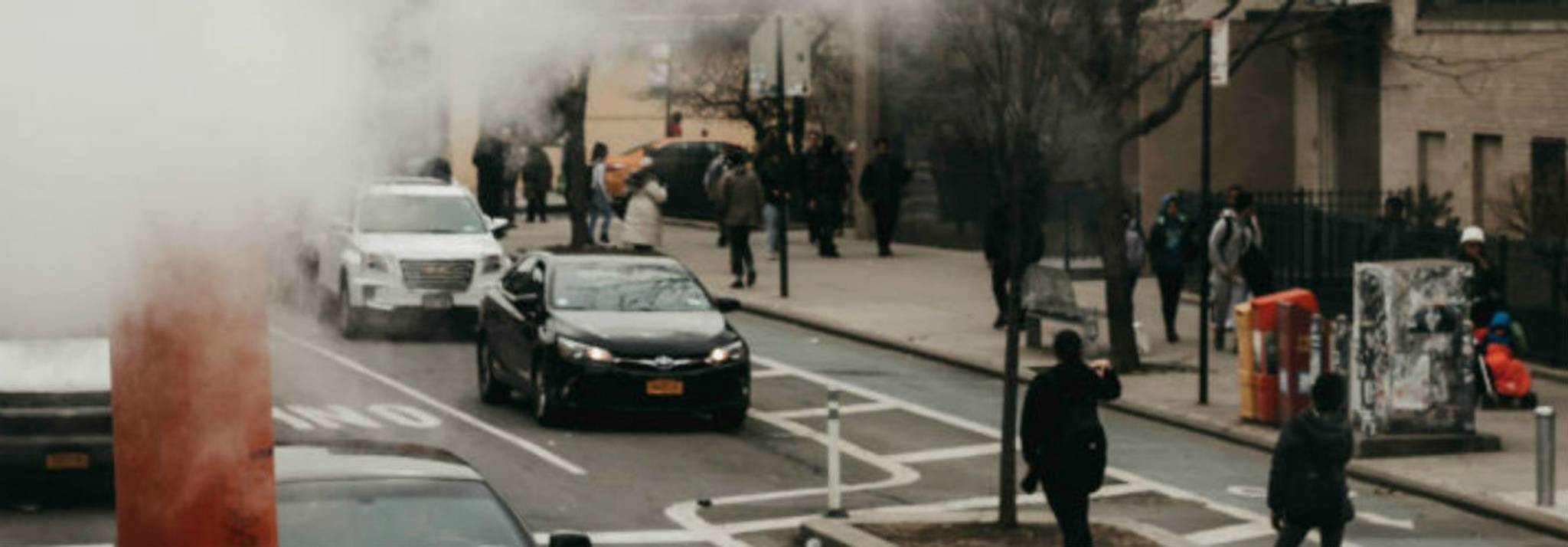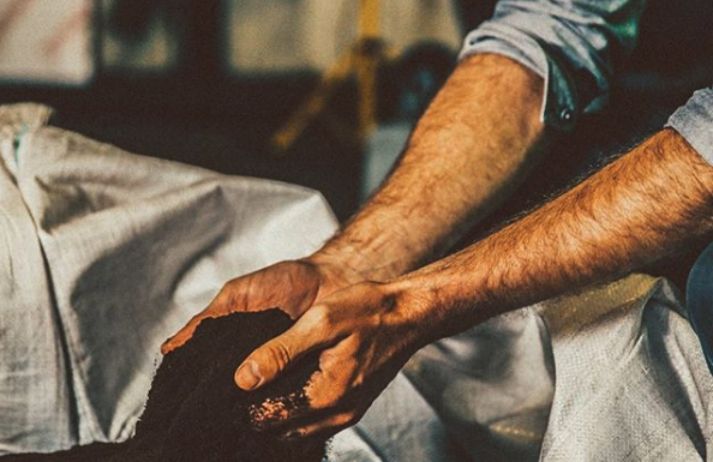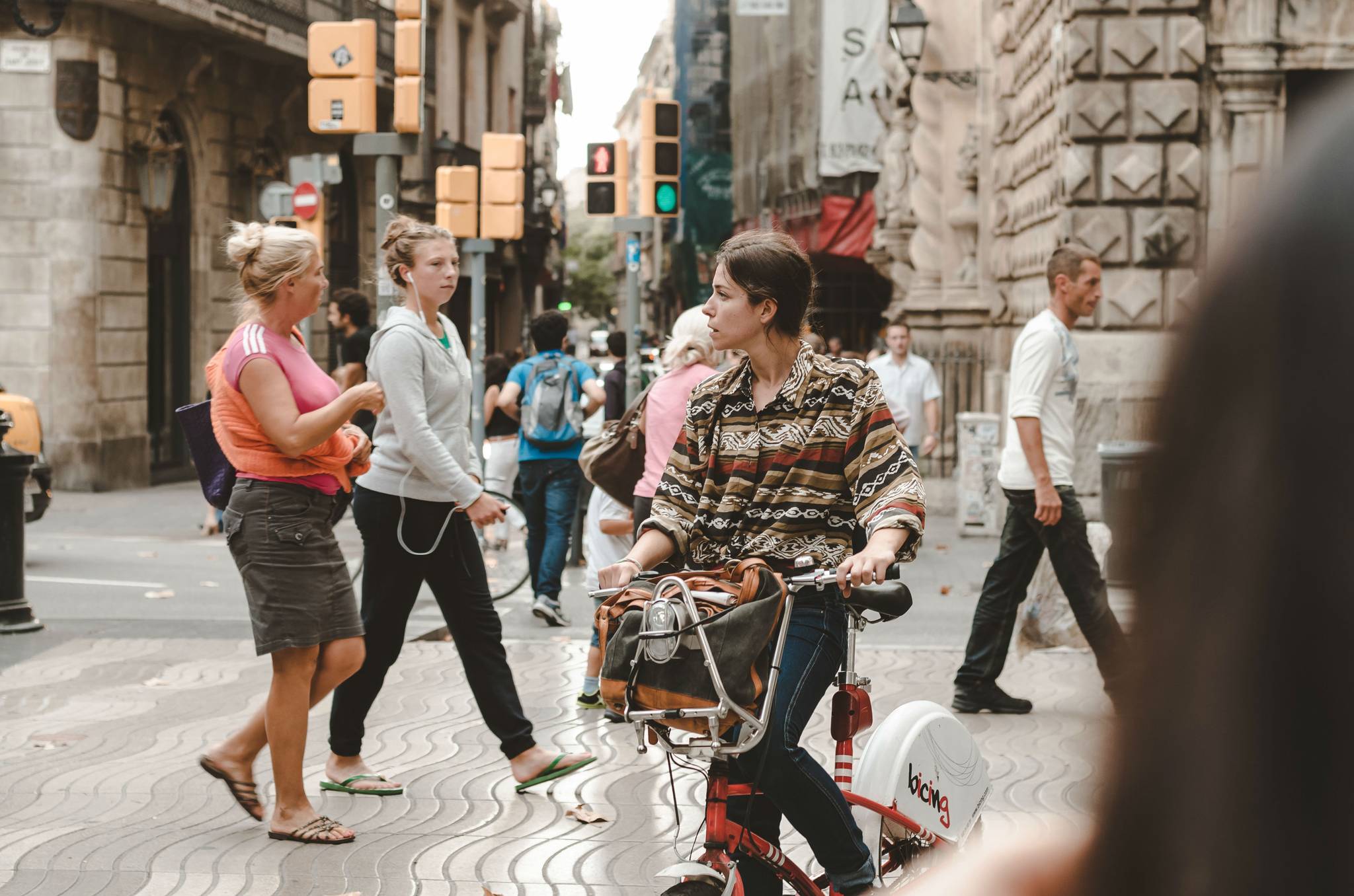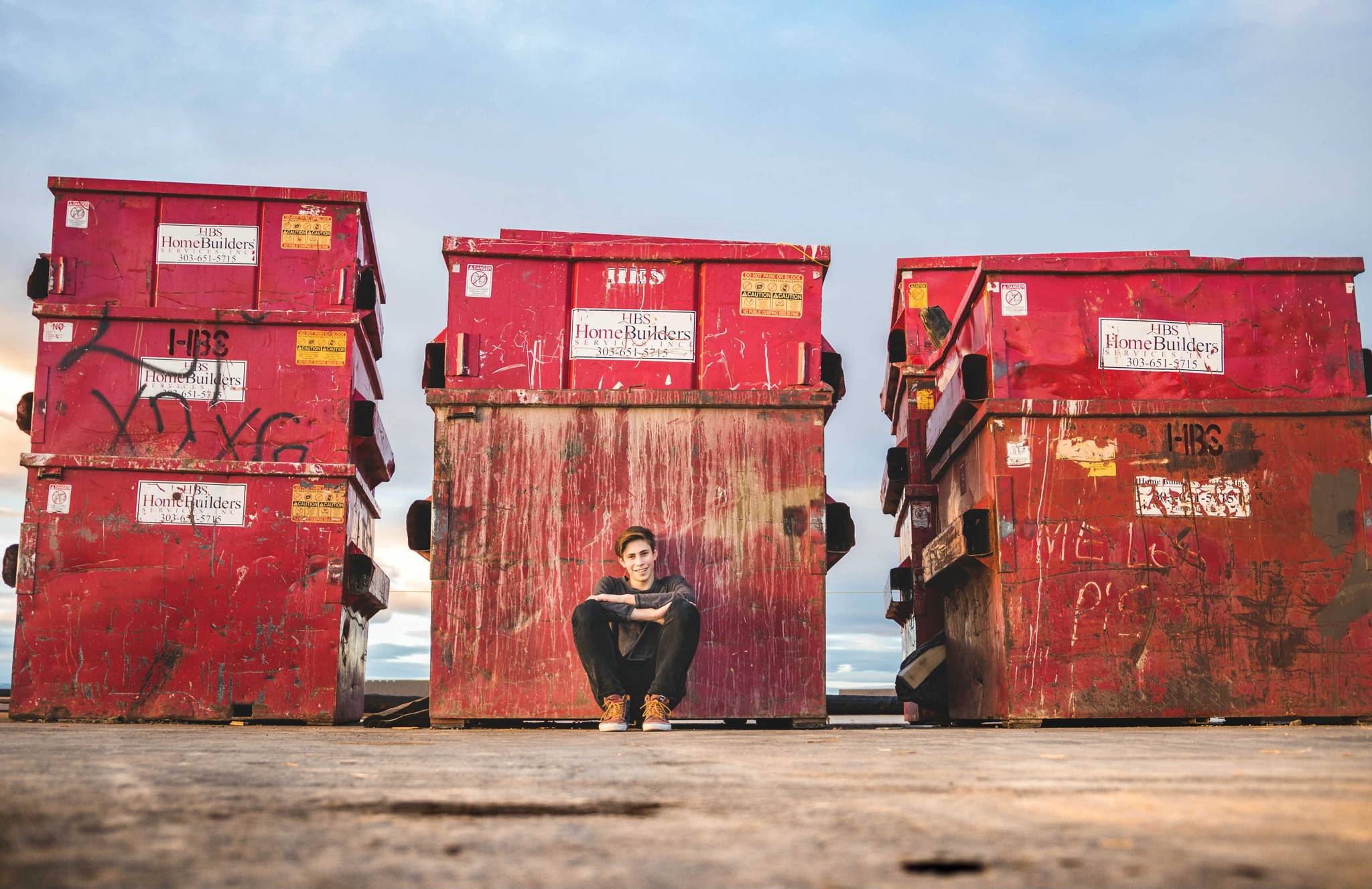
It’s no secret that London’s commuters are primarily fuelled by coffee, and soon, their trains might be too. BioBean is turning the city’s used coffee grounds into clean fuel, giving people an eco-friendly option when it comes to everyday consumption. We explore the insights behind the brand’s innovative approach to sustainable commuting.
BioBean collects coffee grounds from transport hubs around London and converts them into sustainable biofuel sources. The brand partners with Network Rail to gather the grounds from shops and vendors within their stations, transporting them to a processing facility where they are then recycled. Their eco-friendly Coffee Logs are made from the grounds of about 25 cups of coffee, and can burn for 20% longer and hotter than wood. “As long as people are still drinking coffee, there will be coffee waste,”said Arthur Kay, BioBean’s founder. “In the UK, people consume 500,000 tonnes of coffee each year – if we could use all of it, we could power a city such as Manchester.”

BioBean also works with Costa, covering more than 800 of their shops to help recycle some 3,000 tonnes of waste annually. “We love that we work with different coffee companies, big and small. Costa have been a fantastic support – we are collecting and recycling 75 million cups of their coffee a year,” said Tom Bage, BioBean’s head of communications. “There are so many reasons for companies to recycle their coffee grounds, but the key ones are to save money and to cut carbon. We take it away as cheaply as we can, immediately cutting the carbon footprint.” The brand’s green ethos permeates its entire process - even transporting the coffee grounds is done in a carbon-efficient manner.
Mindful consumers have already shown us that coffee grounds can have many afterlives, with the waste product being used in everything frombeauty scrubs tohome improvement. However, BioBean has the capacity to make an ecological difference on an industrial scale, and can win over many eco-conscious Londoners by shouldering some of the responsibility for a waste issue that so far has gone undiscussed. The initiative will appeal to younger coffee drinkers, too – with 77% of Gen Zers believing that the onus is on brands to develop sustainable practices, BioBean’s success proves that people want to feel less guilty about their everyday carbon footprints, and that they will align with brands whoshare their environmental values. This is a move Starbucks is picking up on, as it engages UK gardeners to recycle grounds from its stores.
Helen Jambunathan is a freelance writer currently based in Kuala Lumpur, Malaysia. She holds a Masters in social anthropology from the University of Cambridge, and has spent five years researching the specialty coffee industry. Outside of work, she is a die-hard tennis fan, wearer of many rings, and reader of many things.



